How to properly store fresh herbs takes center stage, offering essential insights into preserving the flavor and quality of your herbs. From the impact of storage methods to ideal conditions, this guide dives deep into ensuring your herbs stay fresh and flavorful.
Importance of Proper Storage
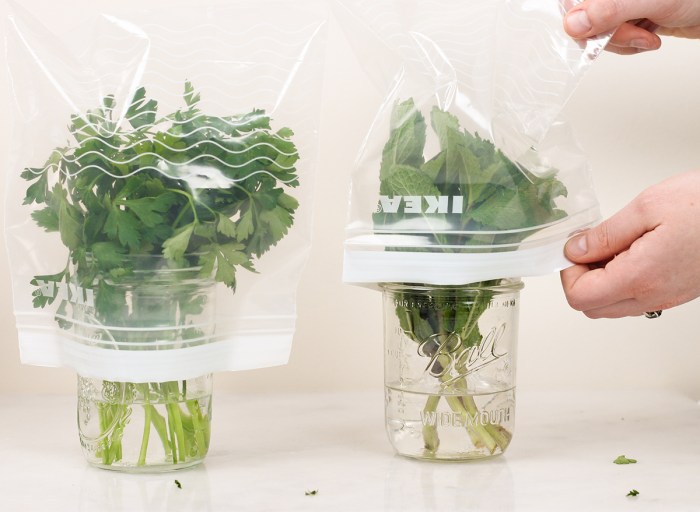
Properly storing fresh herbs is essential to maintain their flavor and quality. When herbs are not stored correctly, they can quickly wilt, turn brown, and lose their flavor, rendering them unusable for cooking. By storing herbs properly, you can extend their shelf life and ensure that they remain fresh and flavorful for a longer period of time.
Impact on Flavor and Quality
Improper storage of fresh herbs can lead to a loss of flavor and quality. Exposure to air, light, and moisture can cause herbs to wilt and lose their essential oils, which are responsible for their flavor. Additionally, storing herbs at the wrong temperature can accelerate the browning process, further diminishing their taste and aroma.
Extended Shelf Life
Proper storage techniques, such as keeping herbs in airtight containers in the refrigerator or freezing them, can help extend the shelf life of fresh herbs. By preventing exposure to oxygen and moisture, herbs can stay fresh for longer periods, allowing you to use them in various culinary dishes without compromising their flavor or quality. Proper storage also reduces waste by preserving herbs that would otherwise spoil quickly.
Best storage methods
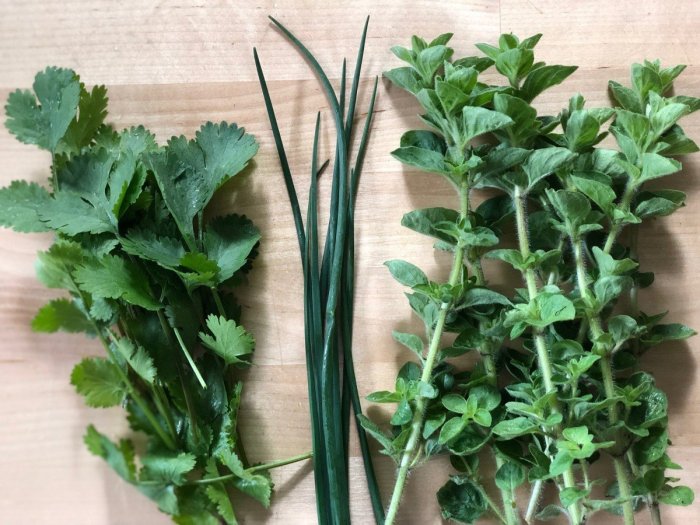
Proper storage of fresh herbs is essential to maintain their flavor and freshness for as long as possible. There are several methods you can use to store fresh herbs, each with its own benefits and drawbacks. Choosing the right storage method depends on the type of herb and how you plan to use it.
Storing in water
Storing fresh herbs in water is a common method that involves placing the herb stems in a container of water, similar to cut flowers. This method can help keep the herbs hydrated and prolong their freshness. However, some herbs may not do well in water and could deteriorate faster.
Wrapping in damp paper towels, How to properly store fresh herbs
Another method is to wrap fresh herbs in damp paper towels and then place them in a resealable plastic bag in the refrigerator. The moisture from the damp paper towels helps prevent wilting while the plastic bag helps retain freshness. This method works well for herbs like parsley, cilantro, and mint.
Using herb keepers
Herb keepers are specially designed containers that provide the ideal environment for storing fresh herbs. These containers typically have a water reservoir at the bottom to keep the herbs hydrated and prolong their shelf life. Herb keepers are convenient and can help extend the freshness of delicate herbs like basil and dill.
Choosing the most suitable storage method for your fresh herbs depends on factors such as the type of herb, the amount you have, and how long you need to store them. Experiment with different methods to find the one that works best for the herbs you use most frequently. Remember to always check and remove any spoiled or wilted leaves to ensure the rest of the herbs stay fresh for longer periods.
Ideal storage conditions: How To Properly Store Fresh Herbs
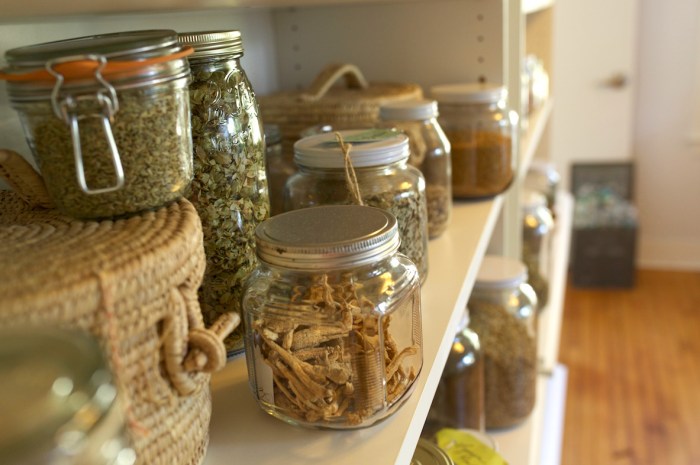
Proper storage of fresh herbs involves maintaining ideal conditions of temperature, humidity, and exposure to light. These factors play a crucial role in preserving the flavor, aroma, and overall quality of the herbs for an extended period.
Temperature and Humidity Levels
Fresh herbs are best stored in a cool environment with moderate humidity levels. The ideal temperature for most herbs ranges between 32-40°F (0-4°C). This temperature range helps slow down the process of wilting and decay, prolonging the freshness of the herbs. High humidity can cause herbs to rot, so it is essential to strike a balance and ensure proper ventilation to prevent moisture buildup.
If you’re looking to make your own pizza at home, you’ll want to check out this Simple homemade pizza dough recipe. With just a few basic ingredients and simple steps, you can create a delicious pizza crust that will rival your favorite pizzeria.
Best Location in the Kitchen
When storing fresh herbs in the kitchen, it is recommended to place them in the refrigerator. The crisper drawer or airtight container can help maintain the desired temperature and humidity levels. Avoid storing herbs near the stove or in direct sunlight, as heat and light can accelerate deterioration.
For those busy mornings when you need a quick and healthy breakfast option, these Quick and healthy breakfast recipes are perfect. From smoothie bowls to avocado toast, there’s something for everyone in this collection of nutritious breakfast ideas.
Exposure to Light
Exposure to light can have a detrimental effect on the quality of stored herbs. UV light can break down the essential oils in herbs, leading to loss of flavor and aroma. To protect herbs from light exposure, store them in opaque containers or keep them in a dark area of the refrigerator.
When it comes to preparing a delicious and easy chicken Alfredo dish, this Easy chicken Alfredo recipe is a must-try. The creamy sauce combined with tender chicken and pasta creates a delightful meal that everyone will love.
Proper handling before storage
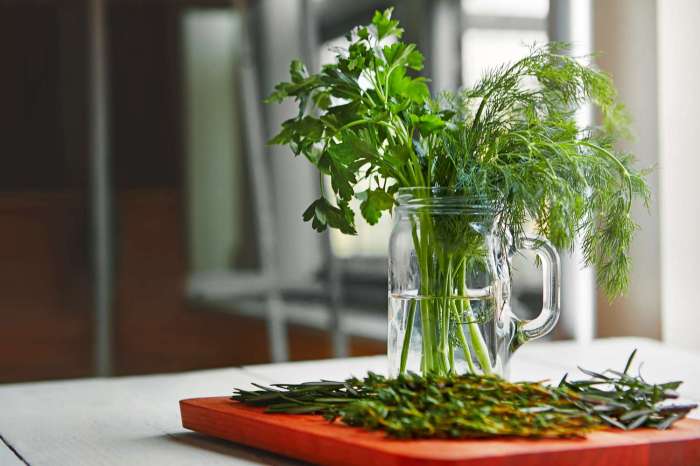
Before storing fresh herbs, it is important to properly handle them to ensure maximum freshness and flavor. This includes washing, drying, and removing any damaged leaves or stems to prevent mold growth.
Steps for washing and drying fresh herbs
1. Fill a bowl with cold water and gently swish the herbs around to remove any dirt or debris.
2. Remove the herbs from the water and pat them dry with a clean kitchen towel or paper towel.
3. If the herbs are particularly dirty, you can rinse them under running water, but be sure to dry them thoroughly afterwards.
Tips for removing damaged leaves or stems
1. Inspect the herbs for any leaves or stems that are wilting, browning, or slimy.
2. Carefully remove these damaged parts as they can accelerate spoilage and affect the overall quality of the herbs.
3. Be gentle when handling the herbs to prevent bruising or further damage.
Prepping herbs to prevent mold growth and prolong freshness
1. By washing and drying the herbs before storage, you remove excess moisture that can lead to mold growth.
2. Removing damaged leaves or stems also helps to prevent the spread of mold and decay within the bunch of herbs.
3. Properly prepped herbs are more likely to stay fresh for a longer period, allowing you to enjoy them in your culinary creations for an extended time.
Last Word
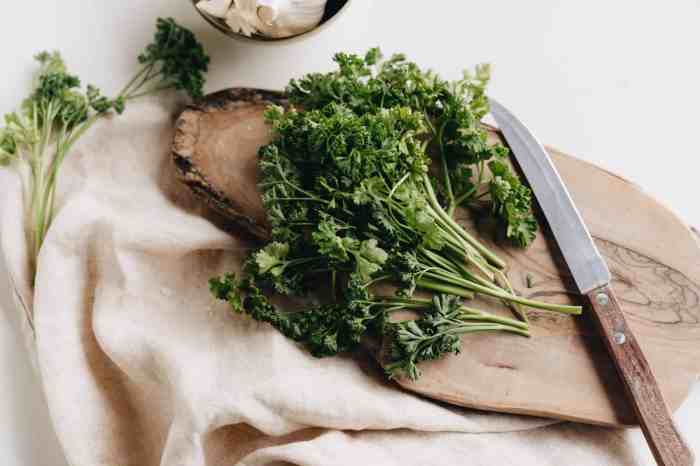
In conclusion, mastering the art of storing fresh herbs correctly is key to enhancing your culinary creations. By following the tips and techniques Artikeld here, you can enjoy the full potential of your herbs in every dish you prepare.